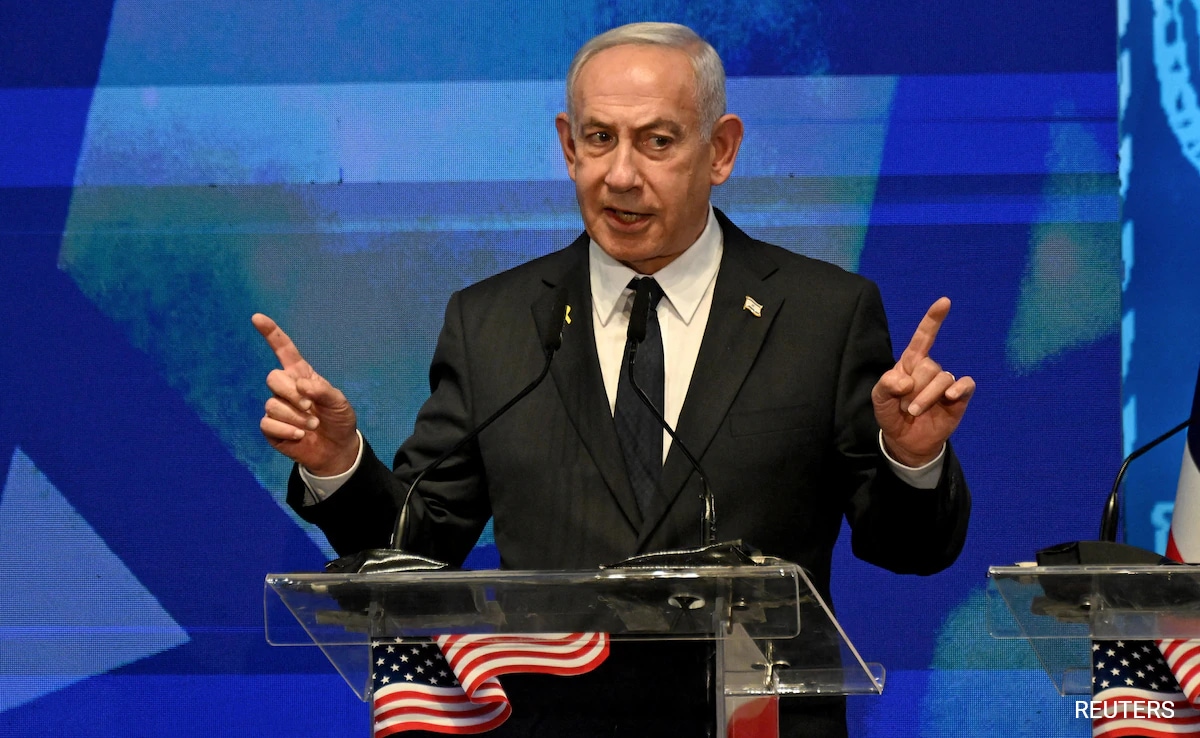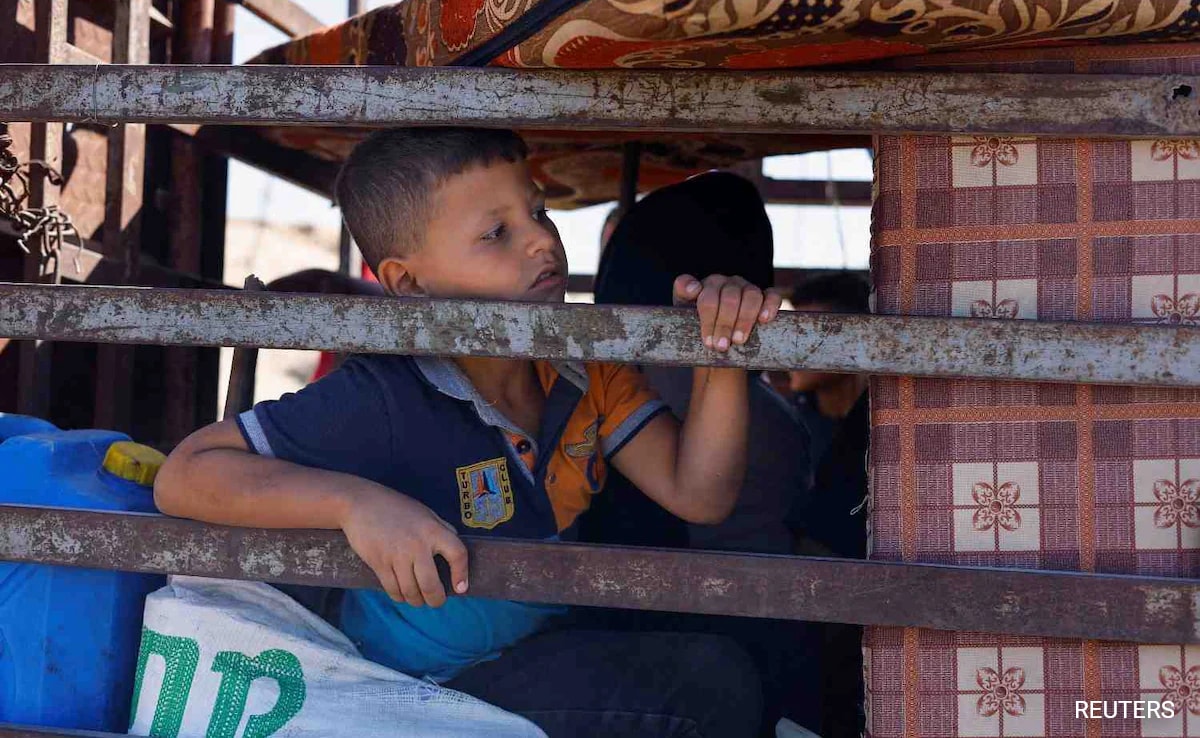Western authorities and military experts say Russian forces were unprepared for the fierce Ukrainian resistance, which has raised pressure for a diplomatic solution to a war that could drag on in stalemate. But Kremlin officials dampened hopes of a breakthrough Monday, accusing Ukraine of only pretending to negotiate.
Here’s what to know
Here’s the status of Ukrainian cities under Russian attack
Return to menuRachel Pannett contributed to this report.
Oligarch, Ukrainian negotiators suspect they were poisoned, associate says
Return to menuRussian oligarch Roman Abramovich and members of Ukraine’s negotiating delegation fell ill after meetings in early March and came to suspect that they were poisoned, according to an associate of Abramovich.
Speaking on the condition of anonymity because of the subject’s sensitivity, the associate said some suspect a “third party” carried out the alleged poisoning, suggesting it was not sanctioned by the Russian government.
The associate said the billionaire owner of a British soccer club — who faces sanctions in Europe over his ties to Russian President Vladimir Putin — has recovered and is focused on negotiations between Russia and Ukraine.
“He’s okay,” the person said.
The investigative collaborative Bellingcat and the Wall Street Journal reported earlier Monday that Abramovich and two Ukrainian peace negotiators — including Ukrainian lawmaker Rustem Umerov — suffered symptoms consistent with chemical weapons poisoning while in Kyiv.
The three men experienced symptoms such as “red eyes, constant and painful tearing, and peeling skin on their faces and hands” following a March 3 meeting in the Ukrainian capital, according to the Journal. A fourth member of the group did not report any symptoms.
An investigator with Bellingcat was asked by chemical weapons experts to assist with facilitating an inquiry into the suspected poisoning, according to a post by the group on Twitter. Both Bellingcat and the Journal reported that the Western experts who examined the incident were unable to determine whether the symptoms were caused by a chemical or biological agent or electromagnetic radiation.
Last month, a spokesperson said Abramovich had been contacted by Ukraine to help facilitate peace talks with Moscow. The extent of his role in those negotiations remains unclear. Spokesmen for Abramovich and Umerov declined to comment.
The United States declined to target Abramovich with sanctions after Ukrainian President Volodymyr Zelensky said he could prove helpful in securing a peace deal, an official familiar with the matter previously told The Washington Post.
Mykhailo Podolyak, an adviser to Zelensky and Ukraine’s lead negotiator in the peace talks with Russia, told The Post in a statement that “all members of the negotiating group are working today as usual.”
David Stern contributed to this report.
After war delays wedding, Ukrainian soldier is given day off to marry
Return to menuAleksandr Valeriovych Ishutinov and Iryna Volodymyrivna Chystakova had planned to marry before the war. He had proposed and brought her to his village on Feb. 17. When Russia invaded Ukraine on Feb. 24, the 54-year old farmer left his 51-year old school administrator fiancee with his parents and went to join the army.
“Iryna wanted to come with me to hand me the ammunition when I needed to reload,” he said with a laugh.
The couple, who met online, later made the decision for Chystakova to leave with an evacuation convoy out of Mariupol.
“And after all of that happening, we only met today,” Ishutinov said. “The commander gave me one day free to get married.”
Nobel laureate editor suspends work of last independent Russian newspaper
Return to menuRIGA, Latvia — A day after Russia’s invasion of Ukraine, independent newspaper Novaya Gazeta conveyed its shock in a three-word banner headline against a somber black background: “Russia. Bombs. Ukraine.”
Just over a month later, this last Russian newspaper publishing independent news about the war against Ukraine — edited by Nobel laureate Dmitry Muratov — announced Monday that it was suspending operations until the end of the war after getting a second warning from Roskomnadzor, Russia’s tech and communications regulator.
“It is the disappearance of the last independent publication that had not yet been blocked,” said Andrei Kolesnikov, a political analyst at the Carnegie Moscow Center and a former editor of the paper, calling it “a huge loss for the giant Internet audience and a catastrophe for those fans of the newspaper who read it on paper.”
Biden says he was expressing ‘moral outrage’ in calling for Putin’s removal, not announcing new policy
Return to menuPresident Biden, speaking to reporters Monday at the White House, said he doesn’t walk back his call for Russian President Vladimir Putin to be removed from power, but added that he wasn’t “articulating a policy change.”
“I’m not walking anything back,” Biden said. “The fact of the matter is, I was expressing moral outrage.”
On Saturday, speaking in Warsaw, Biden said Putin “cannot remain in power.”
On Monday, Biden said he continued to believe Putin shouldn’t remain in power, “just like … bad people shouldn’t continue to do bad things.”
“But that doesn’t mean we have a fundamental policy to do anything to take Putin down in any way,” Biden said.
Biden said he is not concerned his remark might escalate the conflict. When asked once again if Putin may use it to escalate the war, Biden said, “I don’t care what he thinks.”
“He’s going to do what he’s going to do,” Biden said. “He’s not affected by anybody else.”
The president said he also doesn’t believe his Saturday comment will be used as anti-U.S. propaganda in Russia.
“Nobody believes we’re going to take down [Putin],” Biden said. “It’s more an aspiration than anything. He shouldn’t be in power. People like this shouldn’t be ruling countries, but they do.”
Huawei says it’s evaluating Russia sanctions, as its CFO reappears
Return to menuSHANGHAI — Chinese tech giant Huawei Technologies said it’s still evaluating its response to Western sanctions on Russia, as its chief financial officer Meng Wanzhou made her first public appearance since her release from Canada.
Huawei has been in crisis since 2018, with U.S. sanctions against it threatening to cripple its business, and Meng, the daughter of Huawei’s founder, battling extradition to the United States while under house arrest in Canada. The war in Ukraine brings more uncertainty for the company, after it had increased investment in Russia over the past few years.
“Huawei is deeply concerned about this war and the suffering it has caused to the people,” rotating chairman Guo Ping said Monday in Shenzhen, in response to a reporter’s question. “As for the [sanctions] you mentioned, we have also noticed that some countries and regions have introduced some policies. These policies and measures are complex and constantly changing, and Huawei is still in the process of careful evaluation.”
Guo’s statement was largely in line with Beijing’s stance of refraining from joining Western sanctions against Russia, while trying to avoid overt aid to Russia that could trigger secondary sanctions onto Chinese companies.
There are now 3.8 million Ukrainian refugees in the E.U.
Return to menuAbout 3.8 million Ukrainians have sought refuge in the European Union since the Russian invasion, half of whom are children, though the pace of new arrivals is slowing, E.U. officials said.
The latest update on the largest refugee crisis since World War II came after E.U. ministers met in Brussels on Monday to discuss the bloc’s response.
The majority of those fleeing the Russian invasion have traveled to neighboring countries, especially Poland, though about 1 million have traveled elsewhere in the bloc, Ylva Johansson, the E.U.'s commissioner for home affairs, said at a news conference in Brussels on Monday. The pace of new arrivals is down to about 40,000 a day from a peak of 100,000 a day, she said.
The E.U., which has been less than welcoming to previous waves of refugees, is offering those fleeing Ukraine something called “temporary protection,” which will allow them to live, work and access social services across the bloc. Johansson said about 800,000 people have registered for it, noting that the E.U. is working on a system to better track and register new arrivals.
E.U. ministers on Monday discussed how to support countries on the front line of the crisis, especially since many refugees say they want to stay close to Ukraine, rather than relocate elsewhere in Europe. Some countries, notably Germany, are calling for E.U. members to share the burden of hosting newcomers.
U.N. secretary general urges immediate cease-fire
Return to menuUnited Nations Secretary General António Guterres called Monday for an immediate humanitarian cease-fire in Ukraine to allow “serious political negotiations” that could bring an end to the war.
Speaking to reporters outside the U.N. Security Council in New York, Guterres said a cessation of fighting would allow the delivery of humanitarian aid, save lives and prevent suffering. He said he hoped it could also address the global consequences of the conflict.
“Since the beginning of the Russian invasion one month ago, the war has led to the senseless loss of thousands of lives; the displacement of 10 million people, mainly women and children; the systematic destruction of essential infrastructure; and skyrocketing food and energy prices worldwide,” Guterres said. “This must stop.”
He said U.N. Humanitarian Affairs chief Martin Griffiths would “immediately explore” an agreement with Russia and Ukraine for the cease-fire, adding that he was in “close contact” with other countries, including Turkey, Qatar, Israel, India, China, France and Germany, to discuss the possibility of mediation that could lead to a solution.
In the meantime, the U.N. is “doing everything in its power to support people whose lives have been overturned by the war,” Guterres said.
More than 1,000 U.N. personnel are on the ground in Ukraine, working in eight humanitarian hubs, he said. The organization and its partners have reached nearly 900,000 people, mostly in eastern Ukraine, providing food, water, shelter, medicine and other supplies.
In response to questions from reporters, the U.N. chief said the use of nuclear weapons “must be avoided.” Asked about Biden’s comment that Putin must not remain in power, he urged de-escalation.
“I think we need de-escalation, we need military de-escalation and rhetoric de-escalation,” Guterres said.
Ukraine’s pipelines are still carrying Russian oil to Europe
Return to menuYuriy Vitrenko, the chief executive of Ukraine’s natural gas utility Naftogaz, had just made it down to an air raid shelter Saturday, along with three of his board members. He wouldn’t disclose the location, because he wanted to avoid Russian troops or missiles — three of which had just landed within earshot.
One month into the war, the state-owned gas company provides a window into the conflict’s geopolitics and the extent of Ukraine’s destruction. Naftogaz serves 12 million households, Vitrenko said, but it has been forced to cut off 300,000 households that have been heavily damaged by Russian missiles.
“If we cannot repair them, we have to shut them down,” Vitrenko said. “Sometimes an entire block. It can be also dangerous.” In the opening days of the Russian invasion of Ukraine, two of the company’s workers were killed inside a heating plant in Kherson, he added.
Naftogaz is also caught in a complex geopolitical game. Even as Russia rains missiles onto Ukraine, it is still sending approximately 30 percent of the gas it sells in Europe through the country it has invaded. And although Ukraine’s leaders have called for the continent to immediately halt imports of Russian gas, it is doing nothing to interfere with the gas flowing through its pipelines at a rate of 40 billion cubic meters a year, to customers including Germany, Austria, Italy, Slovakia, Hungary and the Czech Republic.
.png)











 English (United States) ·
English (United States) ·  Turkish (Turkey) ·
Turkish (Turkey) ·